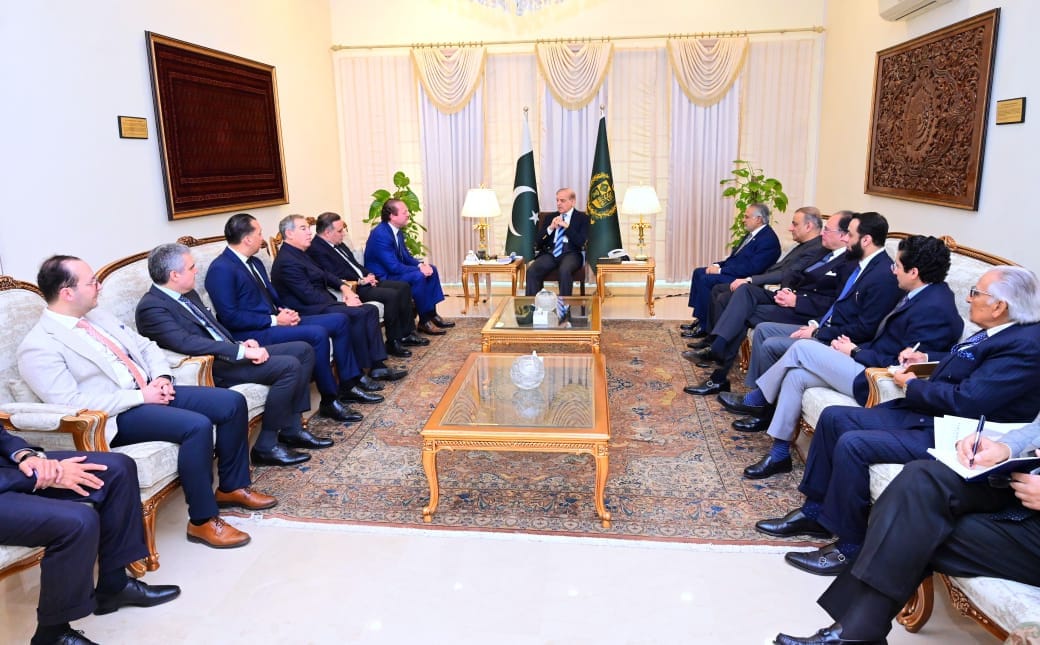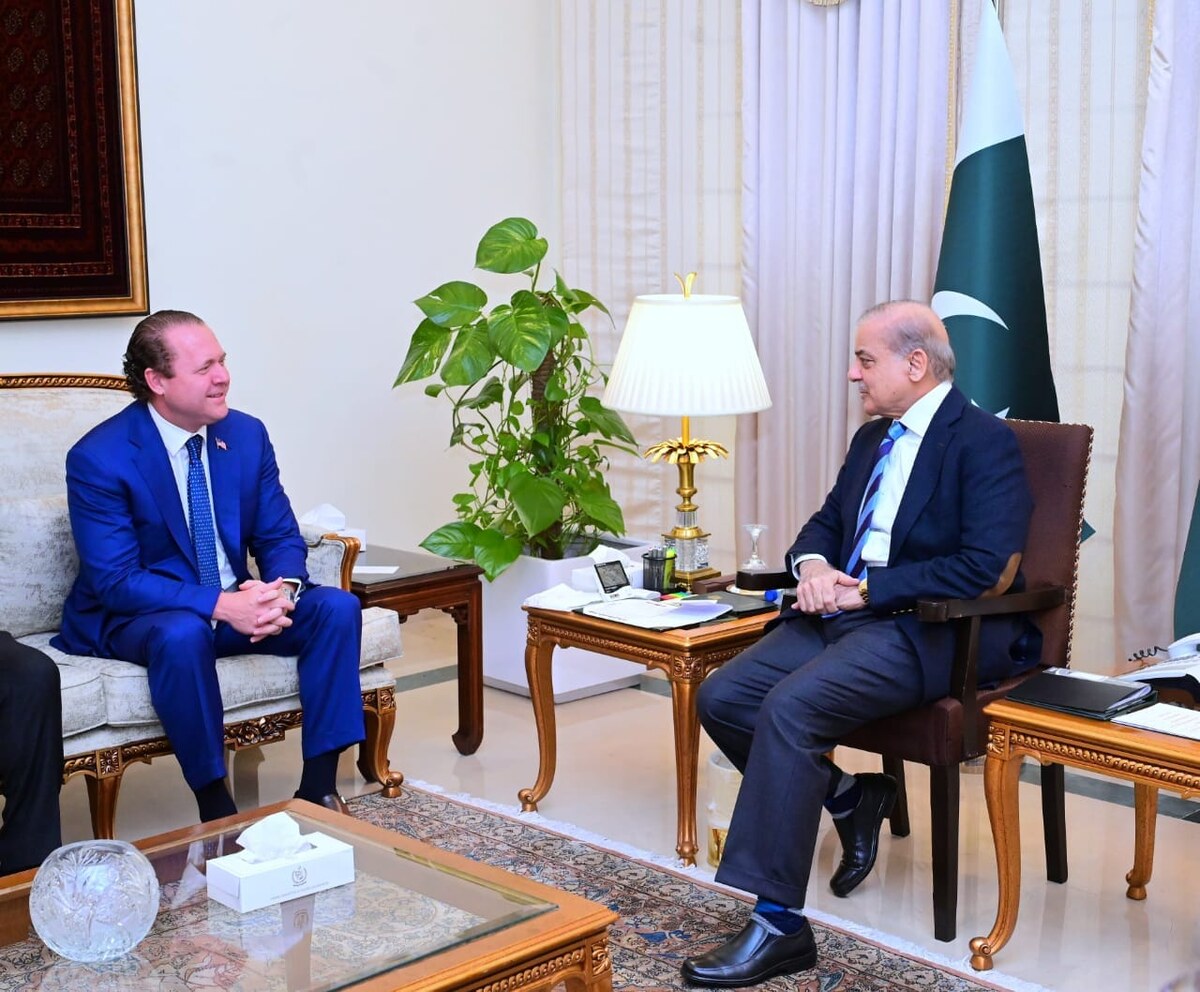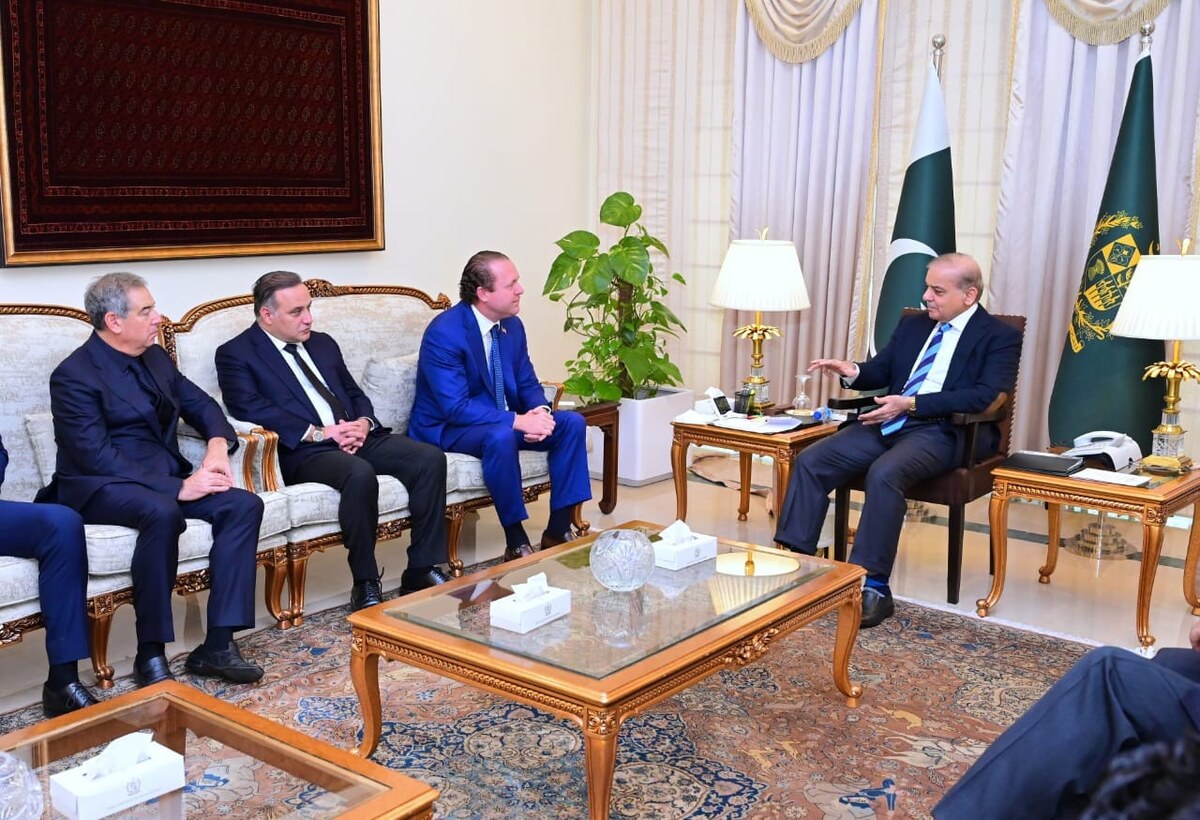KARACHI: The first international flight took off for Muscat from the China-funded Gwadar airport on Friday with 39 passengers aboard, just days after the facility in southwestern Pakistan began commercial operations after a months-long delay.
A security review, prompted by a string of deadly attacks by separatist militants in the southwestern Balochistan province in August last year, had delayed the airport’s opening to the end of 2024 from Aug. 14. The airport was then due to begin operations on Jan. 10 but finally opened this Monday as a Pakistan International Airlines flight arrived from the southern port city of Karachi.
Pakistan hopes the $246-million Chinese-backed project, which will handle both domestic and international flights, will become one of the country’s largest airports.
“First international flight departs from New Gwadar International Airport to Muscat,” national carrier PIA, which operated the flight, said in a statement, adding that it would initially run one weekly flight to Muscat.
“PIA is committed to activating air operations across the country in line with national aspirations and public needs.”
Last month, Prime Minister Shehbaz Sharif’s office said the Gwadar airport would be able to handle A-380 aircraft and accommodate four million passengers annually.
The airport will eventually feature facilities like a cold storage, cargo sheds, hotels and shopping malls, with banking services arranged through the State Bank of Pakistan, according to the PM’s office. PIA has also planned to increase flights between Karachi and Gwadar to three times a week, while discussions are ongoing with private airlines and carriers from China, Oman and the United Arab Emirates to launch both domestic and international services.
China has pledged over $65 billion in infrastructure, energy and other projects in Pakistan under the China Pakistan Economic Corridor (CPEC). Part of President Xi Jinping’s Belt and Road Initiative, the program in Pakistan is also developing a deep-water port close to the new Gwadar airport, a joint venture between Pakistan, Oman and China that is close to completion.
Although no Chinese projects were targeted in the militant attacks in August that delayed the airport’s launch, they have been frequently attacked in the past by separatists who view China as a foreign invader trying to gain control of impoverished but mineral-rich Balochistan, the site of a decades-long insurgency.
Recent attacks, including one in October 2024 in which two Chinese workers were killed in a suicide bombing in Karachi, have forced Beijing to publicly criticize Pakistan over security lapses and media has widely reported in recent months that China wants its own security forces on the ground to protect its nationals and projects, a demand Islamabad has long resisted.






















